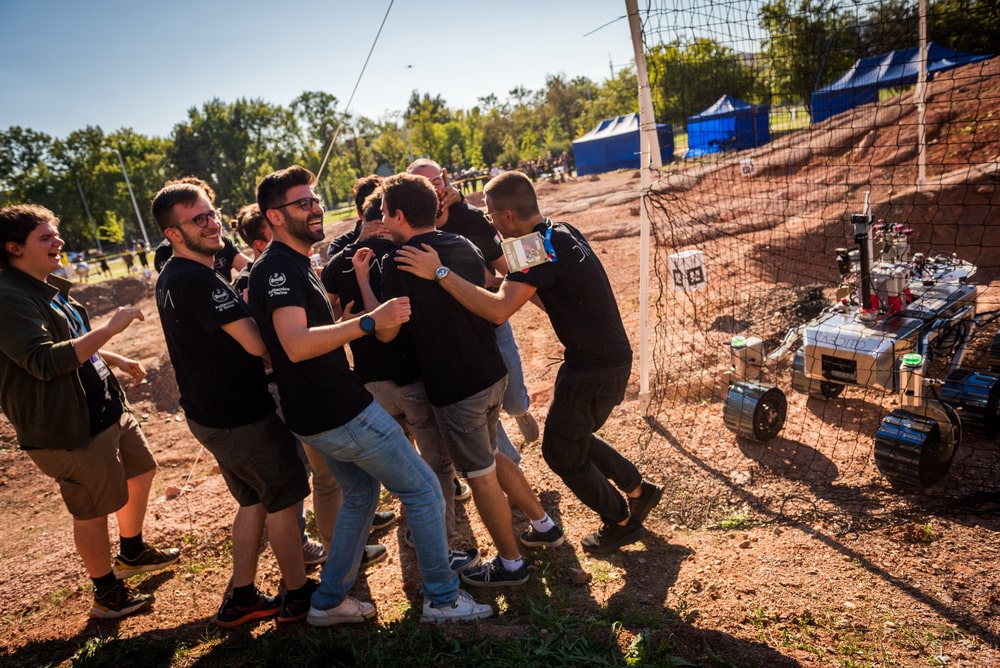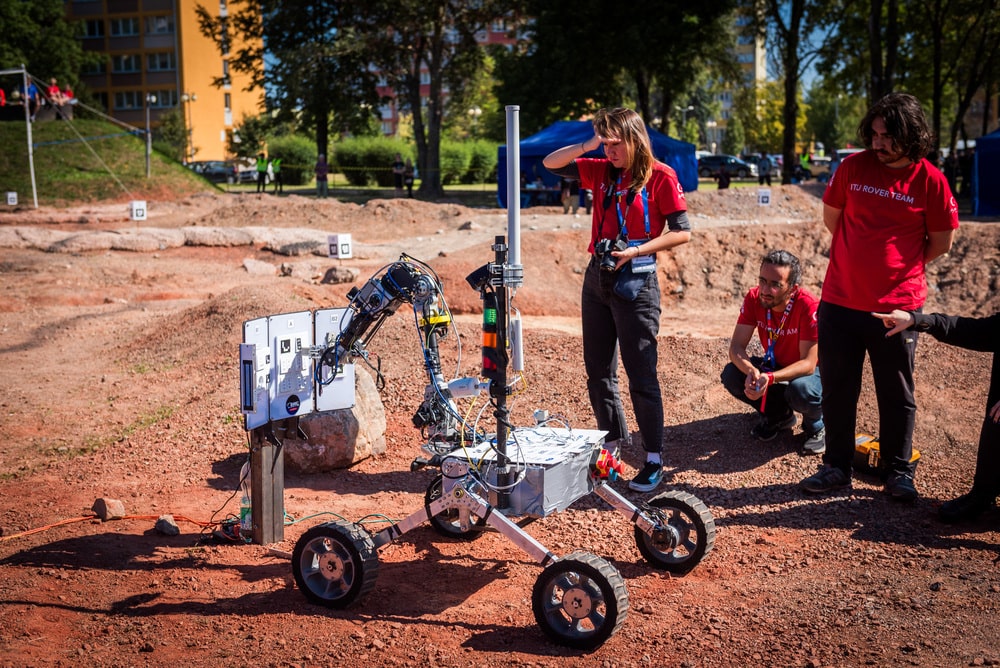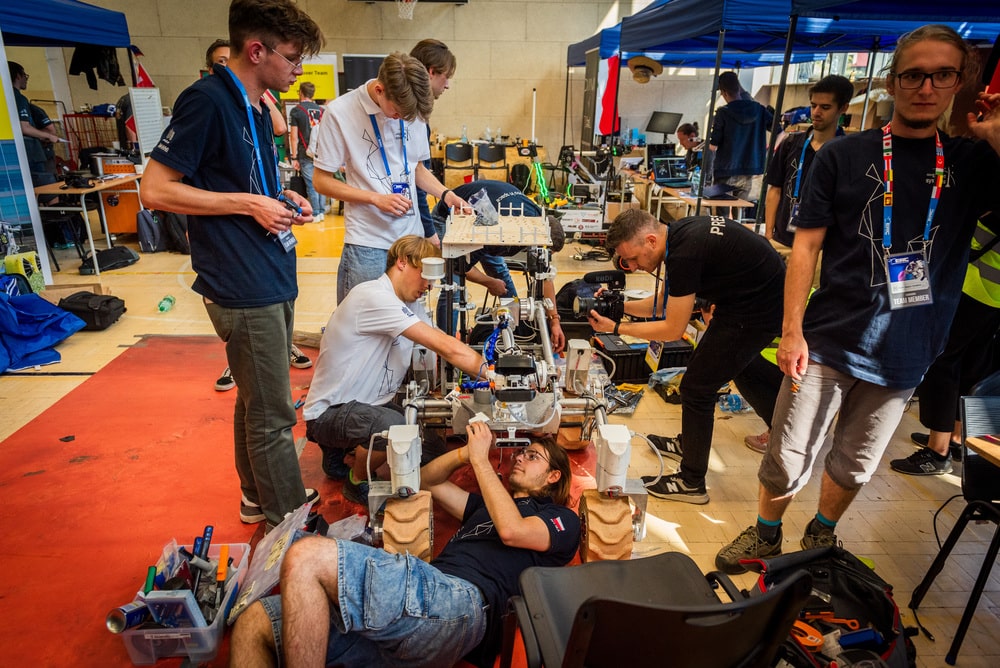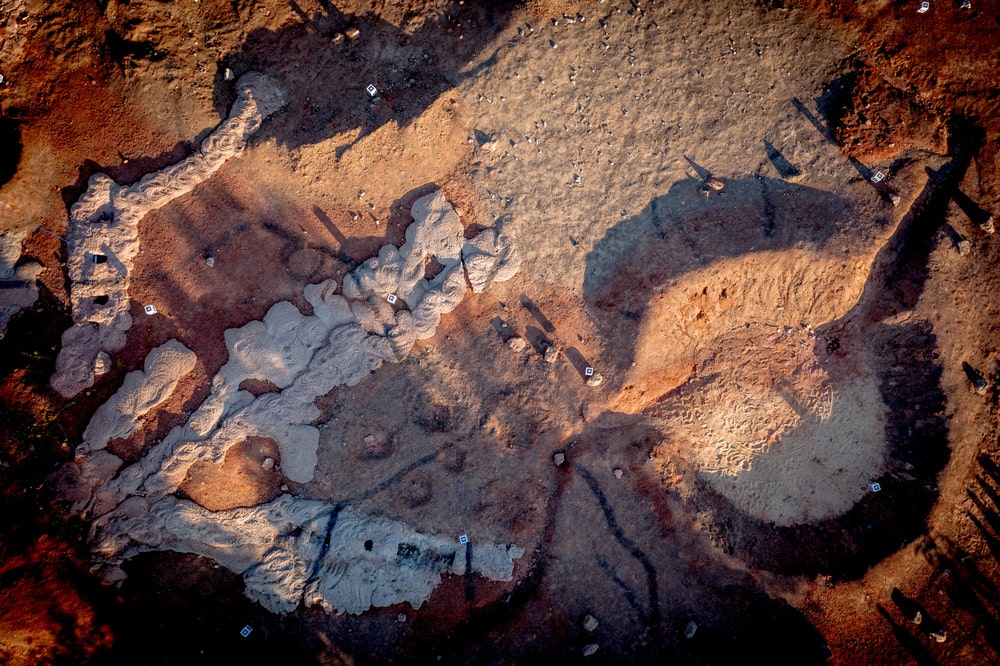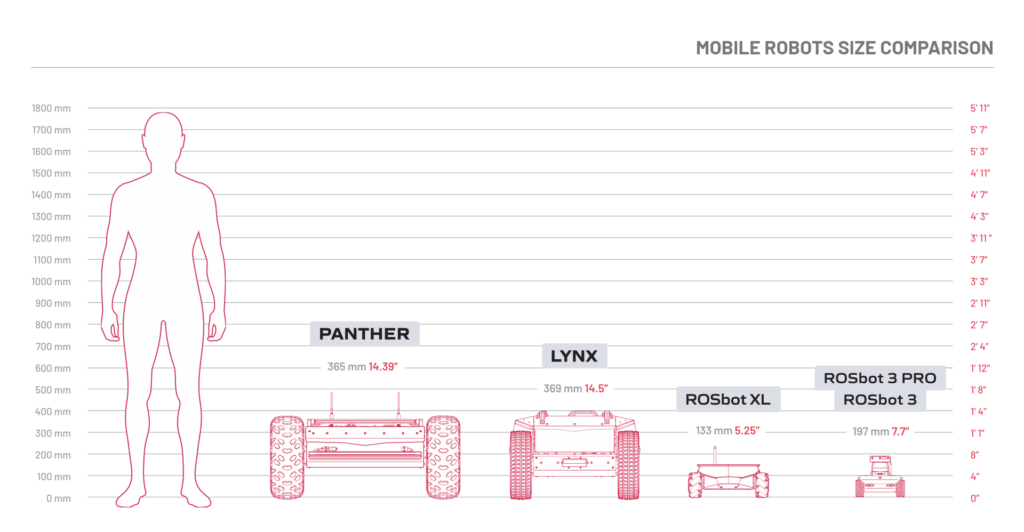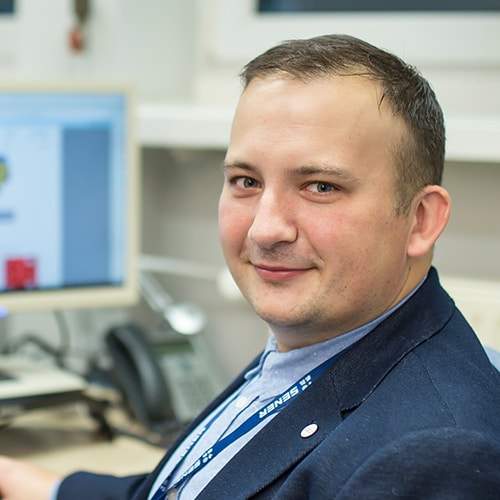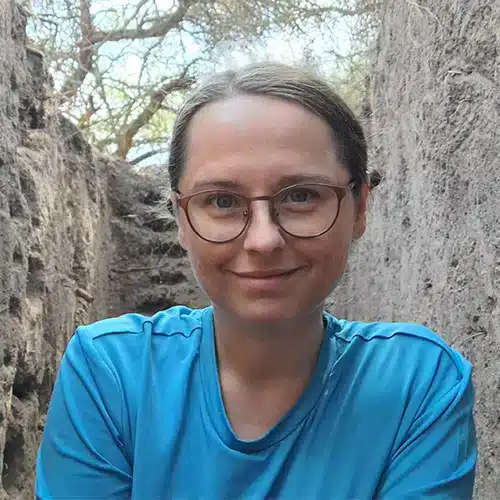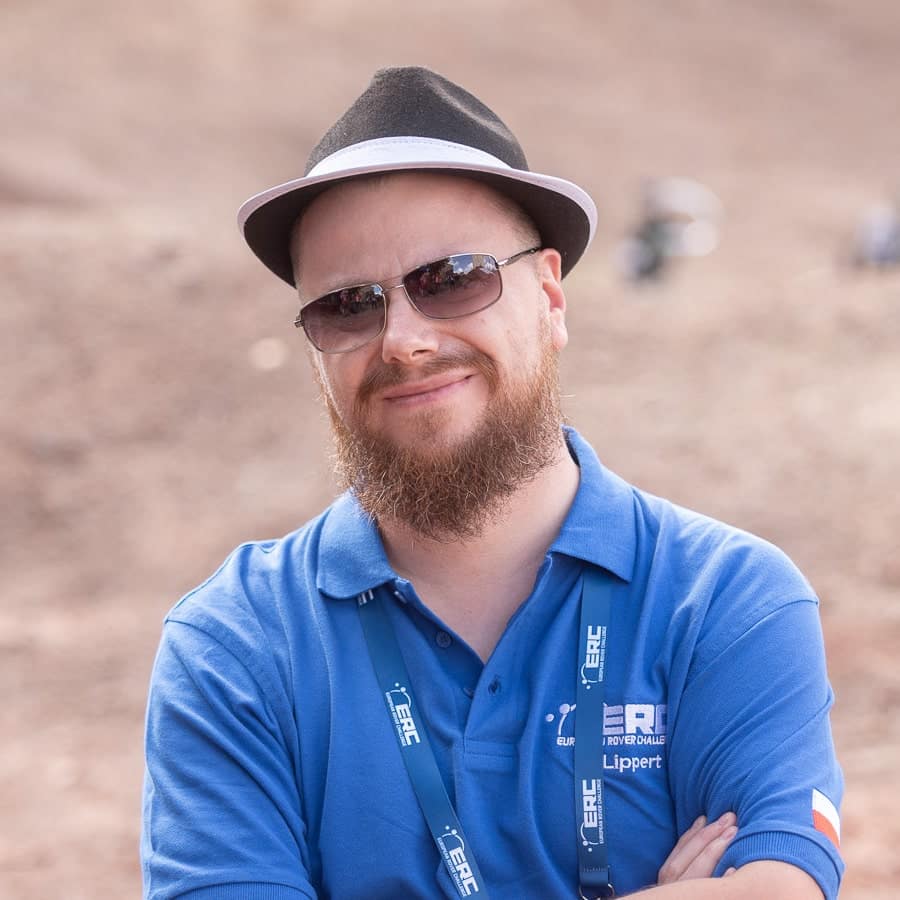Since 2016, the president of Mars Society Poland, with which he has been associated with since 2007. He supports the development of robotics among Polish students, among others, by co-organizing their trips to the University Rover Challenge and coordinating the project to popularize the idea of building Martian robots at Polish technical universities. From the very beginning, he was involved in the organization of the European Rover Challenge in Poland.
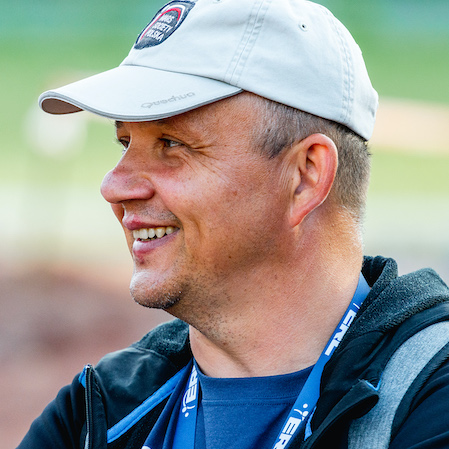
Robert Lubanski
ERC Marsyard Coordinator
LEARN MORE

Robert Lubanski
ERC Marsyard Coordinator
